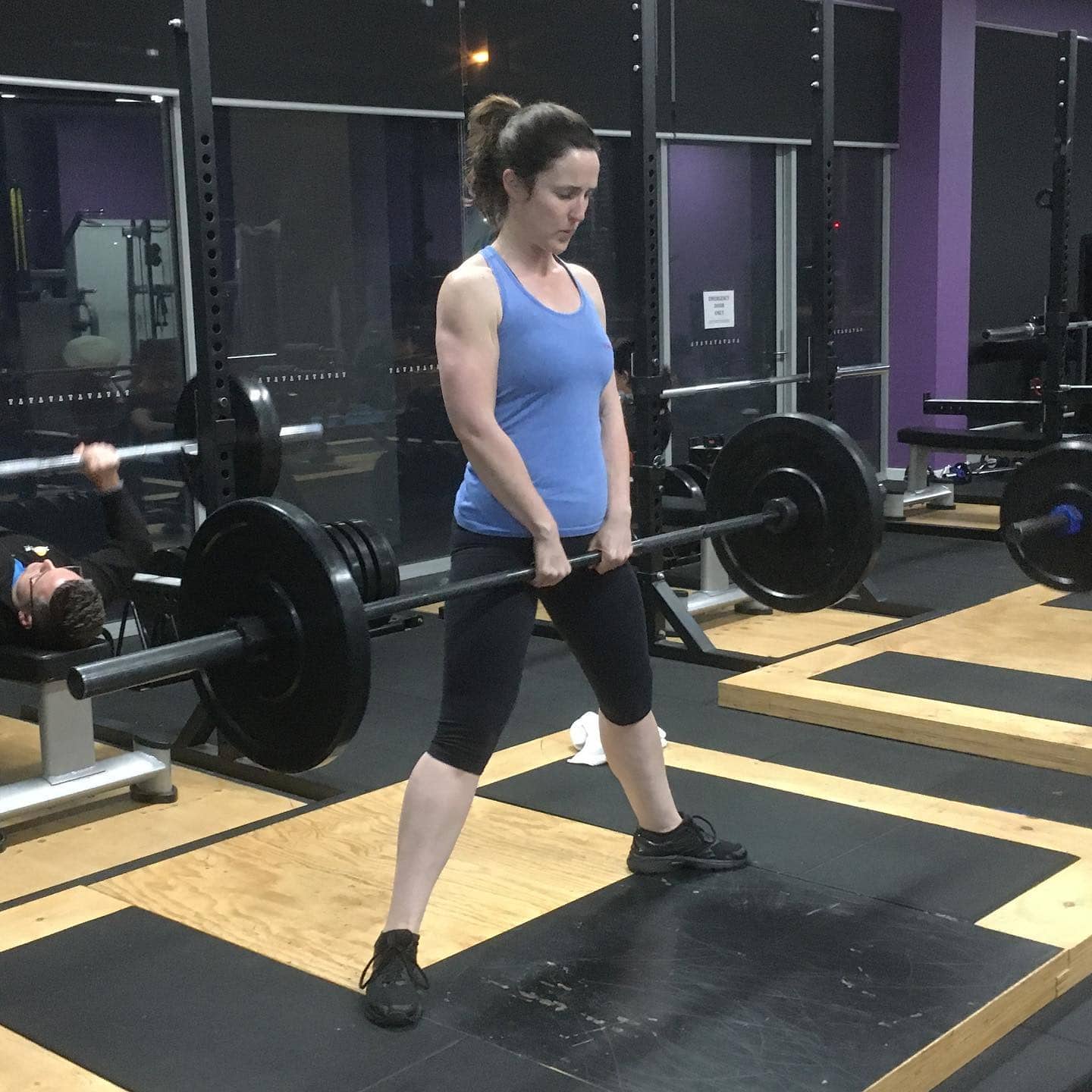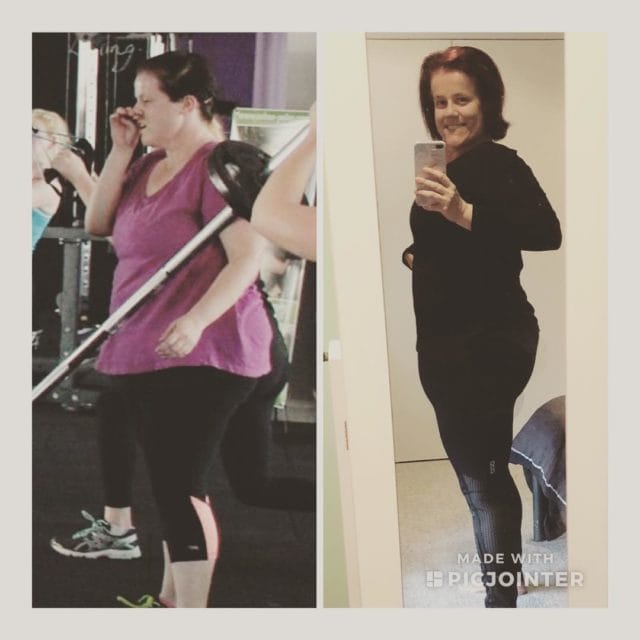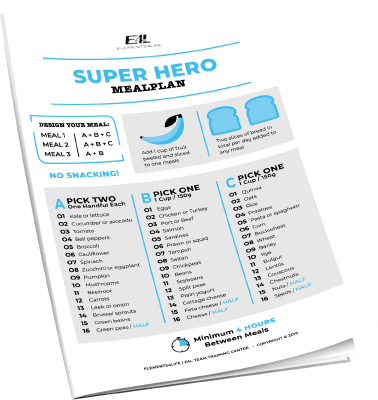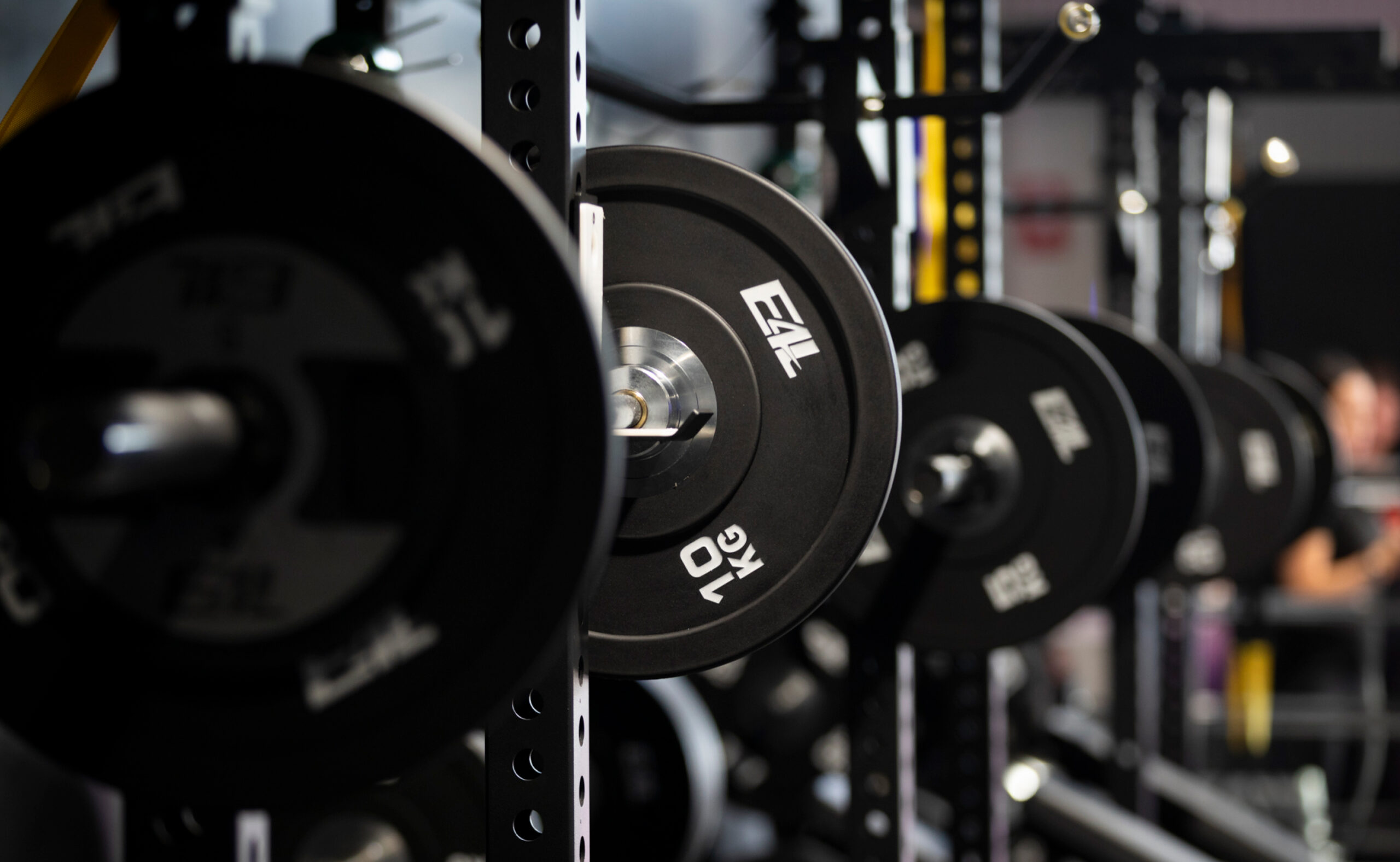Nutrition in nature
Ideally, we should get our nutrients from nature through nutrient-dense, organic foods and water from natural sources (flowing streams, springs, and groundwater).
Digestion is the first step in a pathway to nutrient absorption, assimilation and elimination of food waste and toxins. Water quality is not only the most critical factor in food production but also the most critical factor in digestion and cell metabolism. Before food intake, the small and large intestine must be fully hydrated with structured water. Water is not only the solute for food but also the energy for microbial activity in digestion. If you are dehydrated at the point of digestion, the water can be extracted from your blood, changing blood equilibrium or homeostasis. Most people will need about 500ml of structured water in the 2 hours before digestion.
Remember, dehydration is a major factor in about 60 diseases of major health issues. Also, food cells comprise about 80-90% structured water when consumed within 60 hours of harvest and have lost its water energy after this time. However, you can soak fruit and vegetables (typically sliced) in structured water to restore the negative charge to the food cells.

What is a nutrient?
A nutrient is a substance that provides nourishment essential for the maintenance of life and for cell metabolism. You and the microbes in your gut need to sustain life through metabolism from nutrients that must be taken in from the microbe and human environments. That is, your food must sustain the life of the gut microbes (mainly plant sugars and honey) and yourself with a wide diversity of food types, e.g. slow-cooked meats, vegetables, and fruit. Nutrients are the substances that enrich your cells in collaboration with gut microbes (microbiome). They build and repair tissues, provide heat and energy, and regulate body metabolism processes. However, in all cases of nutrient uptake and digestion, the microbes (gut biology) are a key pathway and essential process to health. Life would not exist without microbes to transform and transport minerals and other nutrients into plants and control the process of nutrient uptake from digestion within humans and animals.
Organic nutrients include carbohydrates, fats, proteins (or their building blocks, amino acids), and vitamins. Inorganic chemical compounds such as dietary minerals and oxygen may also be considered nutrients. A nutrient is essential to an organism if it cannot be synthesised by the organism in sufficient quantities and must be obtained from an external source. Nutrients needed in large quantities (e.g. calcium, magnesium, potassium, etc.) are called macronutrients. Micronutrients are nutrients needed throughout life in small quantities. They comprise dietary minerals the human body needs in less than 100 micrograms/day. The Microminerals or trace elements include at least iron, boron, cobalt, chromium, copper, iodine, manganese, selenium, zinc and molybdenum. For example, a natural oyster is high in zinc, selenium, copper, and iron, and Stephanie and I have them most weeks. Then some rare earth minerals support life, and these include lanthanum (La) garden tomato, dill, broccoli, and almond and yttrium (Yb) in corn, almond, white cabbage, and pistachio that are now considered critical minerals for health, albeit in parts per billion in these foods.
The human body must have nutrients to function effectively. The nutrients known to be essential for human beings are proteins, carbohydrates, fats and oils, minerals, vitamins, and water (living, structured water from natural sources carries essential microbes and minerals).
Proteins
Proteins are made from amino acids and are necessary for cell growth and tissue repair. Human collagen is the most abundant protein and, along with other proteins, is the body’s most plentiful substance except for water and, possibly, fats in cell membranes. Animal foods such as lamb, beef, other wild red meats, fish, poultry, milk, and eggs are rich in amino acids to make collagen. However, it is bone, bone marrow and bone muscle that provides 97% of human collagen requirements. Other collagen sources (3%) are from plants, including beans, peas, and nuts.
Carbohydrates
There are good carbohydrates and not so good carbohydrates, and they mainly comprise starch and sugar molecules as a key source of cell energy. The best source of carbohydrates is from vegetables, honey, and fruit. However, processed carbohydrates, eg, bread, rice, pasta, biscuits, cake, chocolate, fast foods, and carbonated drinks, currently account for about half to four-fifths of the calorie intake for most people. These carbohydrates can turn into fat that concentrates in the liver and can convert to gallstones (mainly cholesterol crystals). These processed sugars are not essential foods, and while they can provide energy (calories), they provide very few nutrients. For that reason, sugary foods are called empty calorie foods. Occasional sweets are not harmful to a healthy, active person, but excessive processed sugar can lead to disease, which is exacerbated from age 33 onwards.
Vitamins
Vitamins are organic chemicals that living organisms require in trace quantities (i.e. parts per million ppm) for good health. Vitamins have diverse biochemical functions. Some have hormone-like functions as regulators of mineral metabolism (e.g. vitamin D) or regulators of cell and tissue growth and differentiation (e.g. some forms of vitamin A). Others function as antioxidants, and the most familiar ones are vitamin C, vitamin E, beta-carotene, and other related carotenoids (mainly in red, orange and yellow foods), along with the minerals selenium and manganese. Glutathione, coenzyme Q10, lipoic acid, flavonoids, phenols, polyphenols, phytoestrogens, and many more join them. The B vitamins are the largest number of vitamins (e.g. B vitamins from mushrooms) and function as precursors for enzyme cofactors that help enzymes work as catalysts in metabolism. For example, the mineral cobalt is required by your liver to make Vitamin B12, which helps keep your body’s blood and nerve cells healthy and helps make DNA, the genetic material in cells. Vitamin B12 also helps prevent megaloblastic anaemia, a blood condition that makes people tired and weak.

Fats and Oils
Fats and oils (liquid fats) are a concentrated energy source. Fats in food are necessary for good health, and the main sources are slow-cooked meats (animal fats) and oils (like hemp and olive). These fats and oils make collagen (the most critical protein in your body), specific vitamins for use in the body, cushion vital organs, make up part of cell membranes, and help maintain body temperature. Collagen is essential for the function of all cells, and it is a fantastic fat metaboliser that supports bile and biotin from the liver in fat metabolism. Coconut oil should not be ingested as it is 92% saturated fat and will overwhelm your gallbladder function.
Phytonutrients
Phytonutrients are nutrients found in plant material, i.e. fruit, vegetables, nuts, whole grains, and legumes. The chemical elements plants consume in the greatest quantities are carbon, hydrogen, and oxygen. These are present in the environment in the form of water and carbon dioxide; while sunlight provides energy. Nitrogen, phosphorus, potassium, and sulphur are also needed in relatively large quantities.
Together, these are the elemental macronutrients for plants. The minerals in plants are in an organic form as they have been through the digestive process of microbes in the plant.
To ensure you have the full complement of phytonutrients, you must include a wide variety of plant foods in your diet, and no one food source is nutritionally complete or functions by itself. Whole, unrefined, organic foods are best.

Conclusion
The take-home messages are:
• Food quality selection, diversity, and cooking methods (eg, low heat) are critical to effective nutrient absorption and assimilation at a cellular level.
• Structured water intake before meals and bed is vital to cell function and enables every action from digestion, absorption, assimilation, and elimination to occur.
• The combination of structured water and sunlight is essential to all life and underpins nutrient-dense food production and cell metabolism.
• Collagen as a gel is linked to all cells, enables cell hydration (along with sodium and structured water) and plays a critical role in cell elasticity and disease prevention.
VISIT ALL P’HION PRODUCTS
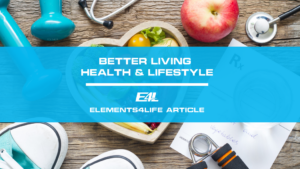



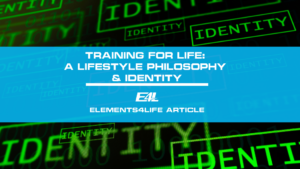

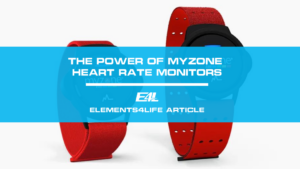


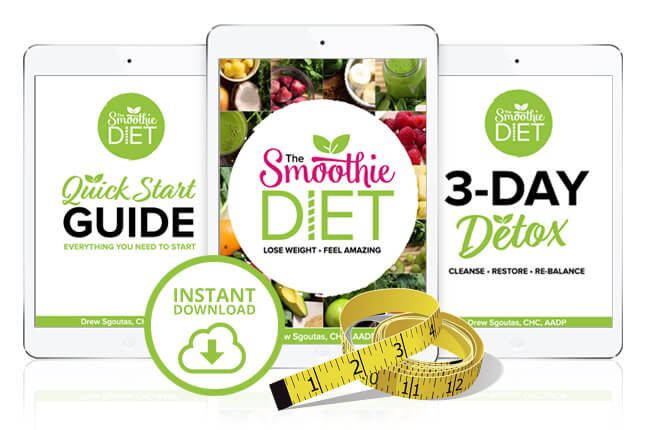
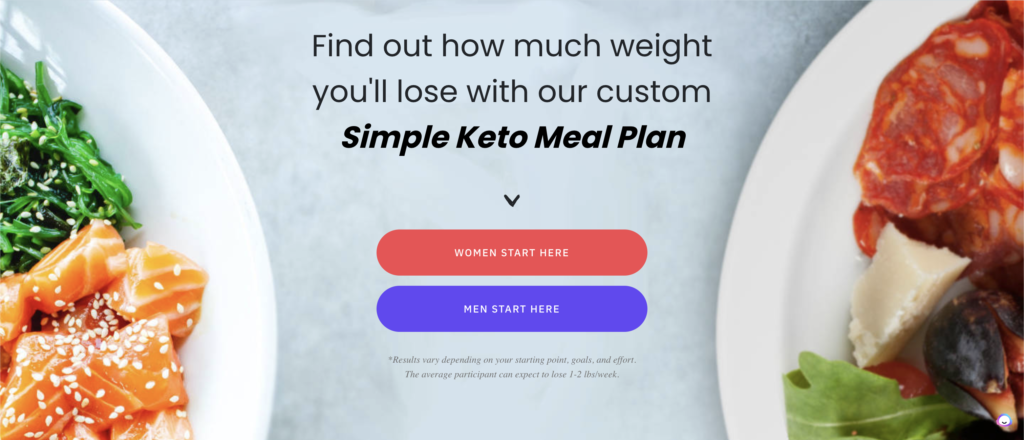
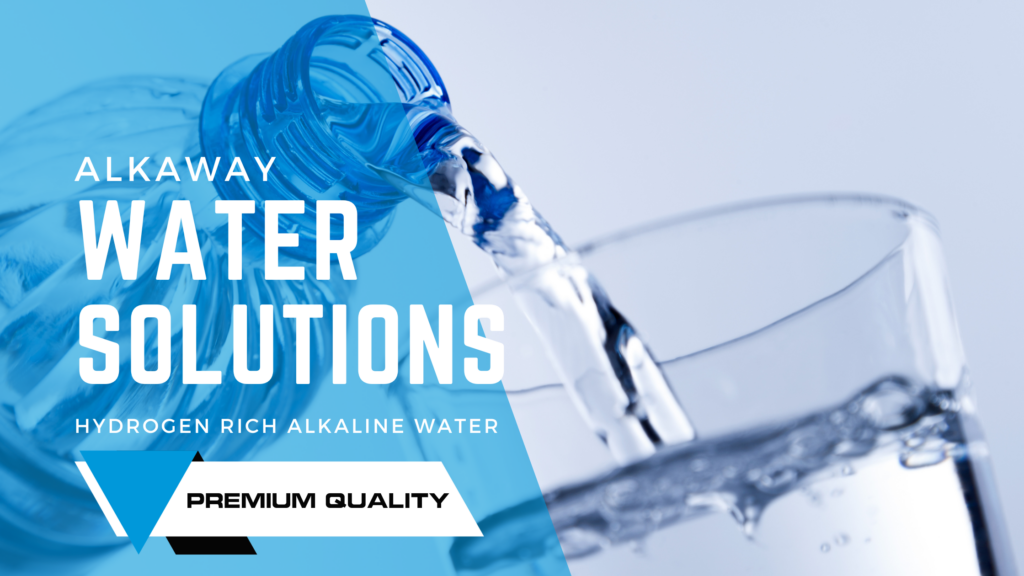
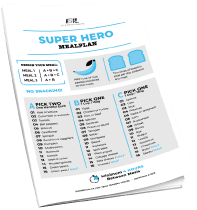







 ‘Service’ defined as ‘the action of helping or doing work for someone’ - the service that Elements 4 Life provides goes beyond this. The coaches are genuine, their approach to training is exciting and progressive, you will be supported and challenged to be the best version of yourself – mind and body. Then there’s the amazing people, our E4L community, this is what makes the gym so unique to all the other gyms I’ve been a member of.
‘Service’ defined as ‘the action of helping or doing work for someone’ - the service that Elements 4 Life provides goes beyond this. The coaches are genuine, their approach to training is exciting and progressive, you will be supported and challenged to be the best version of yourself – mind and body. Then there’s the amazing people, our E4L community, this is what makes the gym so unique to all the other gyms I’ve been a member of. 